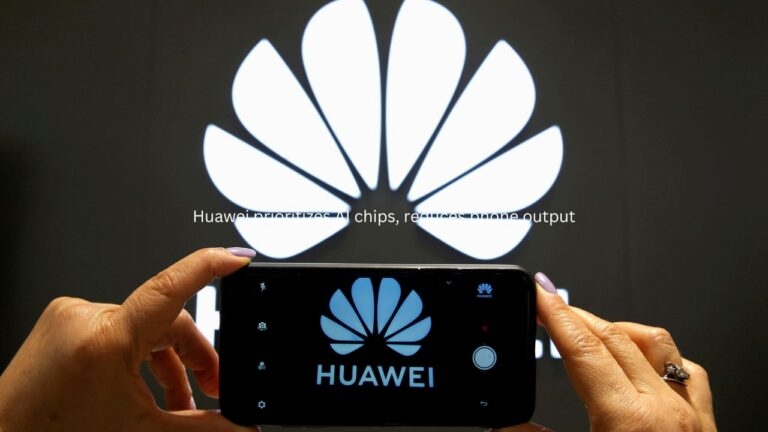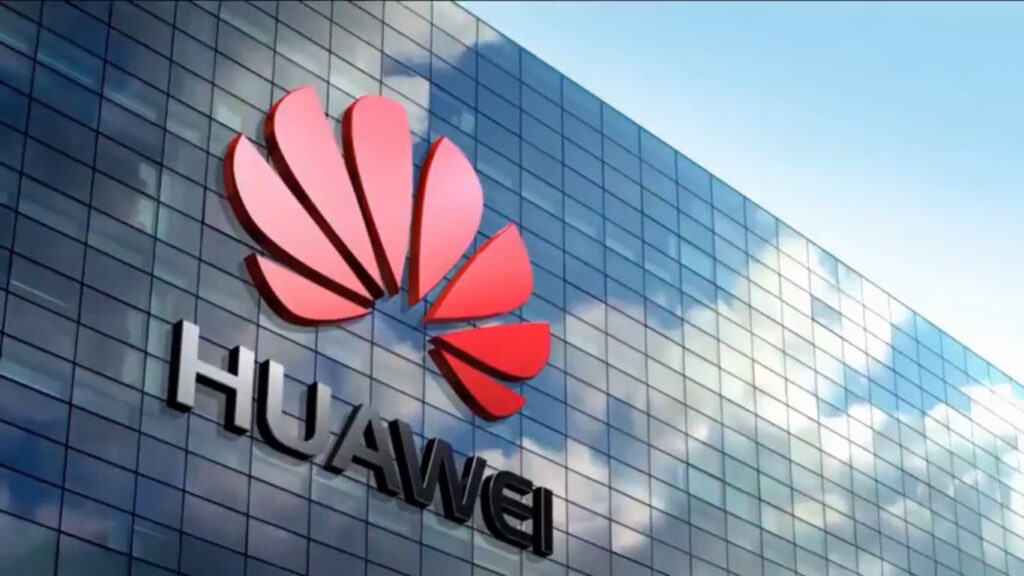Highlights
- Huawei prioritizes Ascend 910B AI chips over Mate 60 smartphones, signaling a strategic shift towards the AI market.
- Growing demand for AI chips in China drives Huawei’s decision to ramp up Ascend 910B production.
- Huawei’s move reflects broader geopolitical ambitions as China aims to challenge US dominance in technology through AI chip development.

In a strategic decision reflecting the changing dynamics of the tech industry, Huawei, the Chinese tech giant, has prioritized its production line, choosing the development of its Ascend 910B AI chips over the production of its popular Mate 60 smartphones.
This decision demonstrates Huawei’s growing focus on the developing artificial intelligence sector, potentially changing the landscape of smartphone production and AI chip development and raising important issues about the company’s future trajectory. Check out the details.
Read: Unique Galaxy AI Features on Samsung Galaxy S24 Series
Huawei to Prioritize AI Chips Over Smartphones
Recent reports from trustworthy sources, including Gizmochina, have highlighted Huawei’s strategic move.
The IT conglomerate is at a crossroads, with manufacturing restrictions forcing it to choose between developing its Kirin smartphone CPUs and boosting production of the Ascend 910B AI chips.
Huawei’s decision to ramp up production of the Ascend 910B, even if it means reducing Mate 60 smartphone manufacturing in some facilities, demonstrates its dedication to establishing supremacy in the AI processor market.

Several important variables are driving this transition forward. For starters, the growing need for AI chips, backed largely by China’s government initiatives to improve computing capabilities, has resulted in a proliferation of data center projects, pushing the need for powerful AI chips such as Huawei’s Ascend 910B.
The Ascend 910B, widely regarded as one of China’s most powerful non-Nvidia AI processors, gives Huawei a competitive advantage in the fiercely contested AI chip field.
Furthermore, manufacturing constraints, such as low chip yield rates, are likely to have impacted Huawei’s strategic realignment.
By focusing resources on the Ascend 910B, Huawei hopes to mitigate these issues and improve its chip manufacturing processes, strengthening its position in the AI chip market.
The consequences of Huawei’s action extend across numerous spheres. In the smartphone industry, the anticipated delay in Mate 60 production might substantially impact Huawei’s market share, especially in the luxury smartphone class where the Mate series has typically competed.
Concurrently, expanded production of the Ascend 910B is expected to solidify Huawei’s position as a significant participant in the Chinese AI chip industry, improving its competitiveness against both domestic and international competition.
Beyond trade, Huawei’s strategic move highlights deeper geopolitical ramifications. As China wants to establish itself as a leader in AI research, Huawei’s increased emphasis on AI chip production reflects its desire to challenge US dominance in the technology sector, paving the way for further competition and geopolitical concerns.
Overall, while the full extent of the impact is unknown, analysts believe Huawei’s move represents a long-term strategy pivot toward AI, with significant ramifications for the company’s future trajectory and the broader digital landscape.
Read: Microsoft Finds Loophole in OpenAI’s DALL-E 3, Enabling Inappropriate Content Generation
Directly in Your Inbox









